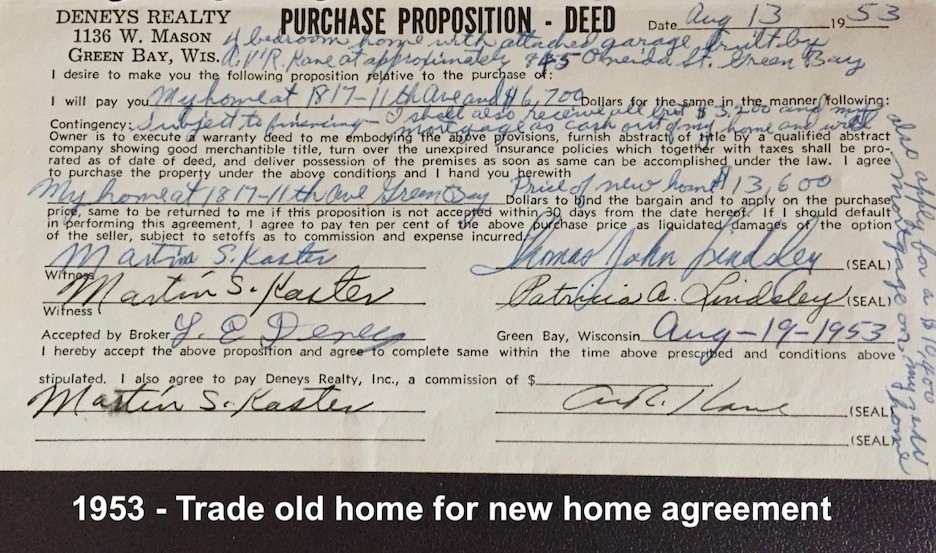

Dear Monty: We have a significant problem with a real estate transaction. We ran across a state agency called a “real estate commission.” When we researched the commission, we discovered the commissioners are all real estate agents. We are reluctant to contact them. It seems like having a fox guarding a chicken coop. Do you have any information about real estate commissions?
Monty’s Answer: Real estate agents are subject to two sets of rules. One set from the state’s real estate commission, where the state issues licenses to brokers and agents and enforces state real estate laws. The second set of rules is from the local Board of Realtors. Licensees who become Realtors must follow the local Board of Realtors rules. Home sellers and buyers who sell and buy directly, without a real estate agent, are not subject to the regulations of either organization.
The Commission Rules
A real estate commission’s purpose is to protect the consumer of real estate service from brokers and agents. The state legislature abdicates its authority to the real estate commission to make and enforce real estate licensing laws directed to real estate brokers and agents. The laws include:
- Issuing and revoking licenses.
- Setting rules for continuing education.
- Suspending.
- Monitor agents.
- Leveling fines.
- Revoking an offender’s license.
The Realtor Rules
Once receiving a state license, many real estate agents join their local Board of Realtors. One of the primary reasons many join is that the local Boards of Realtors have established a separate company that operates a multiple listing service (MLS). Realtor membership is required to access the broker members’ cooperative listing. When a licensee joins a real estate company that is a Realtor member, they are now subject to two different sets of rules: The rules of the Realtors Code of Ethics and the rules of the MLS, which guide what the brokers and agents must adhere to when entering a property into the MLS, advertising, marketing, and co-operating with other members when negotiating, removing contingencies, and closing a real estate transaction. The Board of Realtors has similar powers to the state rules, but only regarding the Code of Ethics; they cannot revoke a state license. Editor Note: There have been recent modifications to the Realtor rules that will be discussed in a separate post.
The Cause and Effect
Your observation is accurate. Decades ago, the National Association of Realtors (NAR) lobbied Congress to press states to adopt license laws. Only a handful had adopted state regulation during that period, and the early states all established commissions of real estate agents to oversee the adoption of the rules. States establishing real estate laws and commissions later followed the early states’ lead and appointed real estate agents. This new power allowed NAR to create legislation that tilted the playing field to NAR’s advantage in a variety of ways. You are not the only person to notice this secret. Here is what the Consumer Federation of America (CFA) says: “Practicing real estate brokers should be prohibited from serving in any regulatory capacity. Instead, like state insurance and public utility commissioners, regulators should be appointed (or popularly elected) from a pool of non-industry candidates. They should be charged first and foremost with the protection of consumers, not brokers.” The CFA report goes on to say the newly appointed commissioners should correct the “tilt” to protect consumers. The CFA link above is to the full report.
To learn more about the history of real estate commissions, check out the Association of Real Estate License Law Officials.


